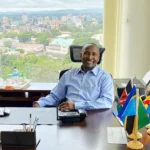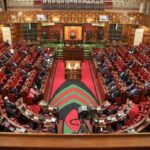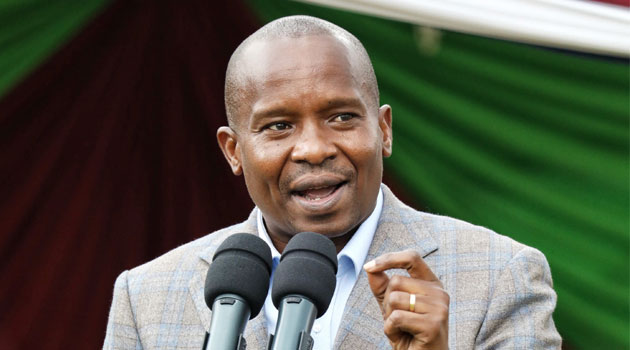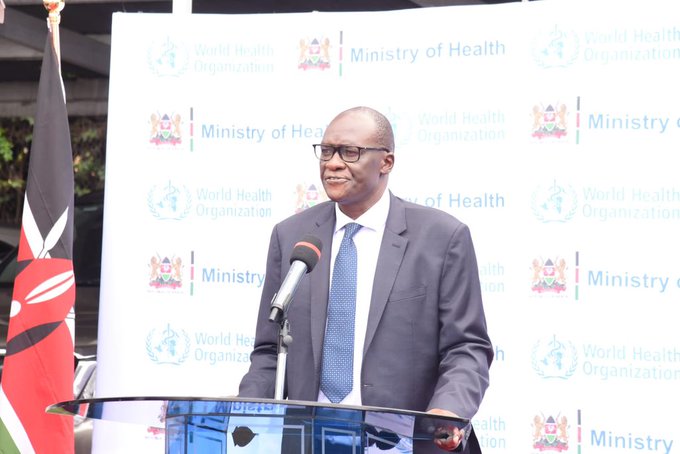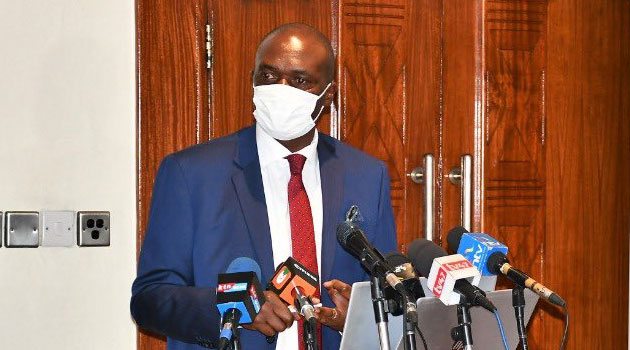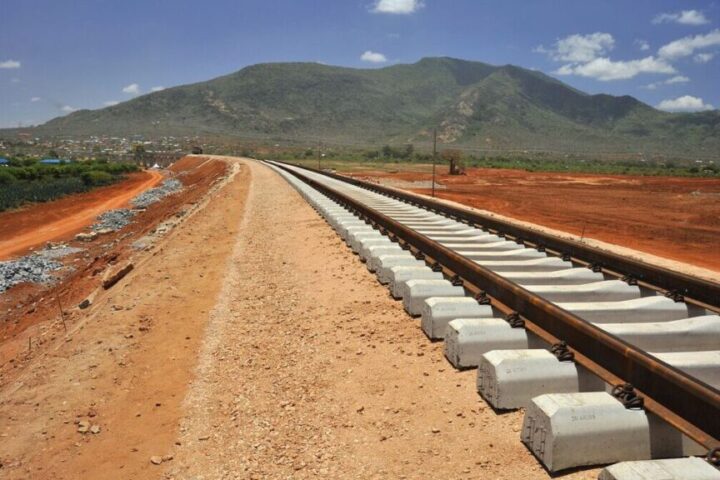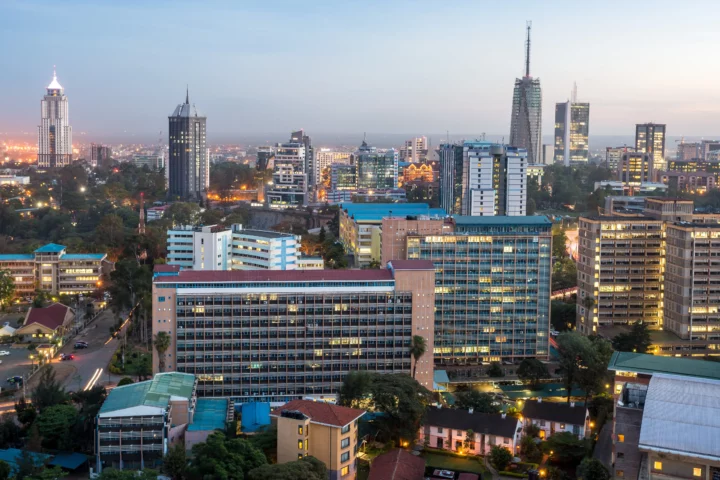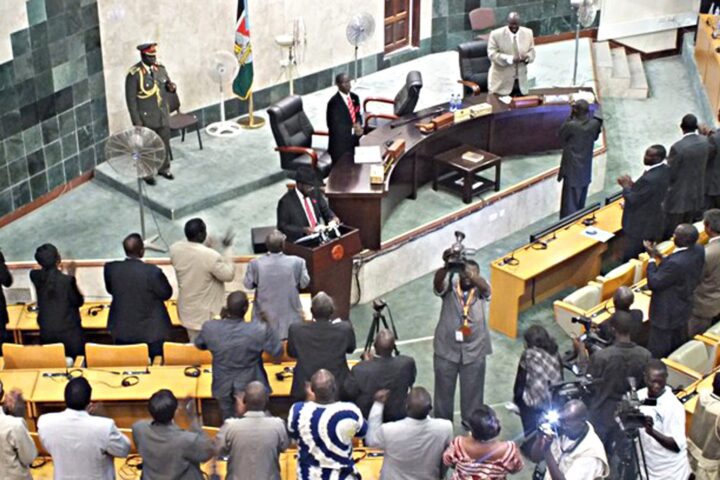
African health leaders have urged for robust and adaptable health systems to address the health threats facing Africa and beyond. These leaders note that Africa is especially vulnerable to infectious diseases due to its population density, lack of resources, and proximity to areas where disease outbreaks occur. They emphasise the need for strong health systems that can rapidly respond to outbreaks and protect the population. Additionally, they call for increased investment in research and development to better understand and address the health threats facing Africa.
The health of Africa’s population is under threat from a number of factors, including the impacts of climate change, health sector leaders said Monday at the opening of a global forum on health in Rwanda’s capital Kigali.
Africa is particularly vulnerable to the effects of climate change, which is expected to cause an increase in the spread of disease, discomfort and death. In order to build resilience against these threats, African countries need to develop ways to strengthen their health systems.
The conference in Kigali is a recognition of these challenges, and an attempt to find solutions that will help Africa’s people to stay healthy in the face of a changing climate and other 21st-century threats.
“We need to build more resilient health systems on the continent,” said Ahmed Ogwell Ouma, acting director of the Africa Centres for Disease Control and Prevention (Africa CDC). “This requires more investment.”
Ouma noted that many African countries are still struggling to provide basic health care due to a lack of infrastructure and trained personnel. He said that African countries need to work together to improve their health systems and make them more resistant to shocks such as disease outbreaks.
“We need to share information and resources more effectively, and we need to invest in training and capacity building,” he said. “Only by working together can we hope to build the kind of resilient health systems that our continent needs.”
“We know that multilateral systems have not always delivered equitably for us, and the COVID-19 pandemic served as a poignant reminder of Africa’s ranking within the hierarchy of global health,” he said.
“While we acknowledge that African countries must also take responsibility for their role in underinvesting in their health systems, we must also recognize that African-led solutions to African challenges still require some level of global support because there can be no global health security if Africa continues to be left out.”
At a recent conference on African health, Ouma noted the need to address health threats facing the continent more holistically. He pointed out that the current system of delivering health care is not sustainable and that more needs to be done to address the root causes of health problems. He called for a more integrated approach that takes into account the social, economic, and environmental factors that contribute to poor health. Such an approach, he argued, is essential to improving the health of Africans and meeting the health needs of the continent.
Sabin Nsanzimana, Rwanda’s health minister, noted that global climate change, which is affecting clean air, safe drinking water and food, is continuously imposing serious health threats for people.
Moeti said that climate change is a major threat to the health of Africans, and that there is an urgent need for the continent’s health agenda to prioritise climate action. She noted that WHO is working with partners to help African countries build resilience to the health impacts of climate change, and that the organisation is also supporting efforts to reduce emissions.
“Healthcare investment is crucial for our economy, communities and national security, not a mere financial burden on the social sector,” she said.
The 5th edition of the Africa Health Agenda International Conference (AHAIC) is being held under the theme “Resilient Health Systems for Africa: Re-envisioning the Future Now.”
Participants including policymakers, technocrats and thought leaders will explore how African countries can foster regional cooperation by creating common guidelines, governance structures and regulatory procedures to harmonise health systems and climate adaptation and mitigation measures across the continent.
The conference is reportedly the first global health forum held in Africa with a focus on mainstreaming climate into health policymaking and vice versa, reports say. The conference focuses on the effects of climate change on human health and how best to mitigate them through policymaking.







